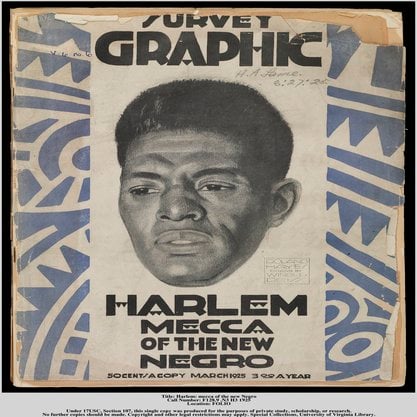Article
Ross, W. W. E. (1894–1966) By Betts, G.
Article
William Wrightson Eustace Ross was a pioneering modernist poet in Canada in the early twentieth century. He experimented with free verse, Imagism, and Japanese poetic forms, and translated primarily avant-garde works from the original French, German, Greek, and Latin into English. His most famous and anthologised poems were sparse, clean articulations of a scene or image pared down to its most essential features. Ross also experimented with more abstract Surrealist writing techniques, including dream transcription, automatic writing (which he called ‘hypnagogic’, after André Breton), and paragraph-length sketches of analogical or anti-realist scenarios. His literary sketches in the 1930s are often said to be the first prose-poems published in Canada.

